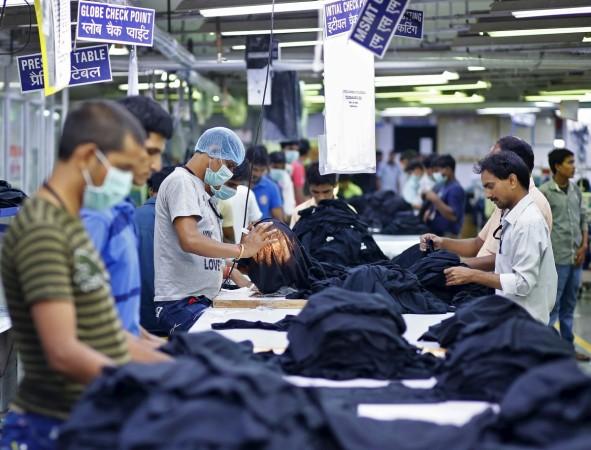
The industry would be content with a rate of up to 20 percent to be levied in lieu of existing indirect taxes on goods and services under the Goods and Services Tax (GST) Bill. If the rate exceeds 20 percent, it could be "problematic" for the industry, according to industry body CII.
"What we have been saying is that the Arvind Subramanian committee report, as you know, has proposed a rate of between 16-18 percent. And that is a rate that we can live with in industry...If it goes up to 20 percent even that is probably something that one could live with. If it goes anything beyond 20 percent then it starts becoming much more problematic and I believe the proposal now is to ring fence the rate," Confederation of Indian Industry (CII) President Naushad Forbes told business channel CNBC-TV18.
The Bill will be discussed in the Rajya Sabha on Wednesday and is expected to be passed, since the principal opponent to the legislation — the Congress — is on board after the NDA government accepted its demand to drop the 1 percent manufacturing tax and a broad-based GST Council to deal with disputes arising out of implementation of the Bill.
Another CII official said the GST Bill, when passed, will be a "revolutionary step" in indirect tax reform in India. The move will offset the cascading effect of taxes in a big way, CII Himachal Pradesh State Council Chairman Sanjay Khurana said on Wednesday, reports ANI.
The Bill has been described as a comprehensive enabler for the Indian economy. "A move to a GST regime will be beneficial for the economy on multiple counts, even though there are likely to be growth, inflation and fiscal implications," Radhika Rao, economist, group research, DBS Bank, said in a note a week ago.
The BSE Sensex was trading at 27,768, down 214 points, at around 12.09 p.m.

















